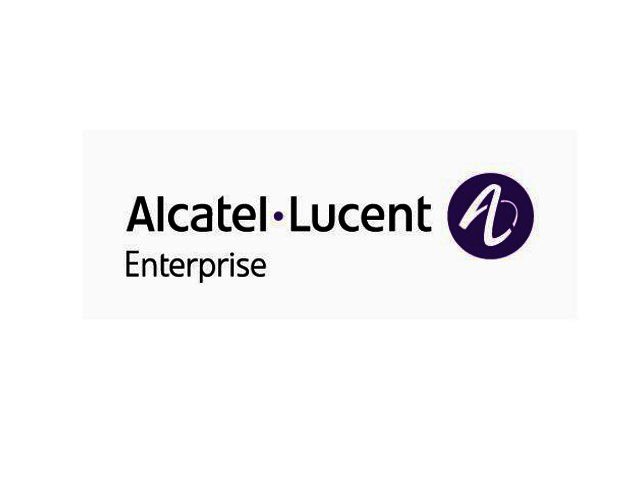Mobility has become a common trend in the workplace with more employees working out of the office in remote locations. In order to perform business tasks, employees need to be able to access central resources anytime, anywhere from many devices. Whilst mobility is the face of the future and an ideal way to maximise on business performance, it places a huge demand on the network by consuming bandwidth and draining management resources. ALE, operating under the brand Alcatel-Lucent Enterprise believes that mobility will become ubiquitous in upcoming years. This will force enterprises to implement a network infrastructure designed to support a variety of devices as well as the growing adoption of new applications.
If remote employees are unable to connect to their businesses data, it can limit their ability to address the needs and enquiries of customers in a timeous manner. This will ultimately have a negative impact on business service. “As the complexity of IT is growing, standard connectivity is no longer adequate enough. Supporting a mobile workforce requires high performance and reliability, something that many current network infrastructures lack. IT departments need to prepare their wireless network infrastructure to maintain a diverse range of devices and the demands of increased traffic loads,” says Gysbert van Nieuwenhuizen, Pre-Sales Engineer Communications of Networking Infrastructure for Alcatel-Lucent Enterprise, South and East Africa.
“It is important to note that in the mobile enterprise, user experience is key. This relies on new unified network architectures to provide a fluent application approach aimed at offering automation, resiliency and simplified operations. Delivering the best possible user experience also depends on providing a seamless transition between various media platforms and devices,” van Nieuwenhuizen adds.
Adapting to BYOD and mobility is the foundation of escalating productivity and empowering innovative new business processes which have substantial business benefits and return on investment. “Staff that bring their own personal devices to work bring a set of challenges and complications to existing enterprise mobile network environments. With that being said, there are solutions available to improve security and automate operational management,” he explains.
Reaching a true mobile enterprise demands an extensive network makeover from access to the core which can be adopted progressively. Appreciating the need to evolve and planning for the future ensures operational savings which can be larger than the cost of investing in new hardware. These savings can be achieved through unified access policies, automation, energy efficient hardware, greater employee productivity and improved customer satisfaction. The outcome is a simplified, intelligent and resilient network that can scale and adapt to waves of new innovation. “The most critical part of this transformation lies in partnering with an expert such as ALE to examine and understand enterprise’s specific requirements to ensure solution architectures that achieve business goals,” he concludes.
To further understand the benefits of an application fluent network, take a look at this short, informative video https://youtu.be/Q0370RSUeu4.





